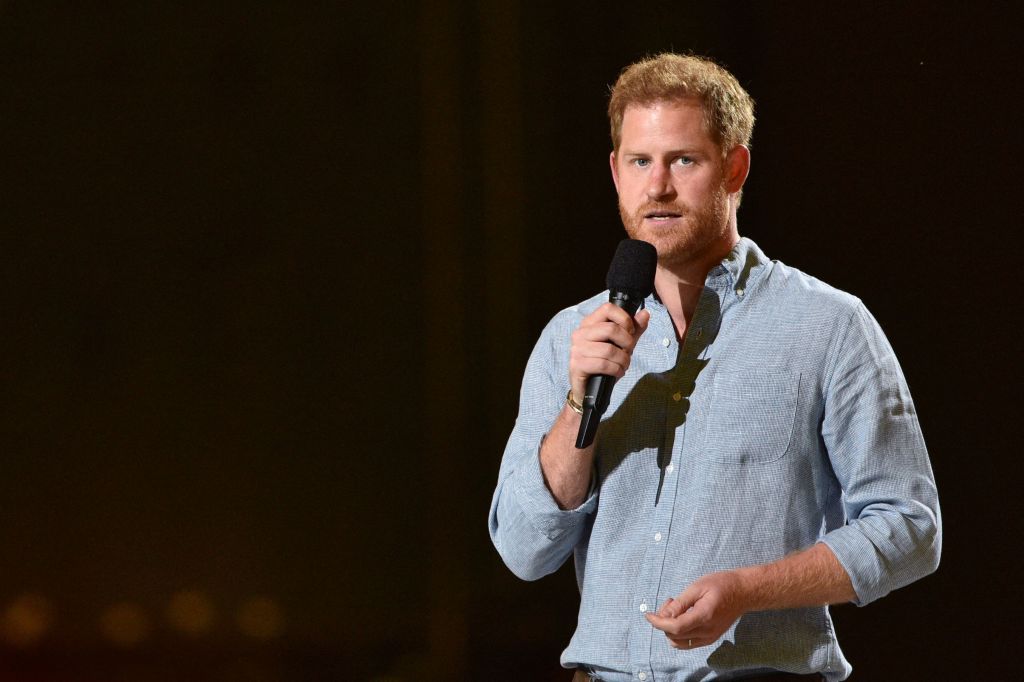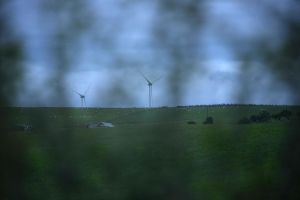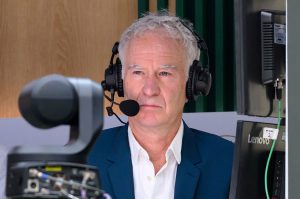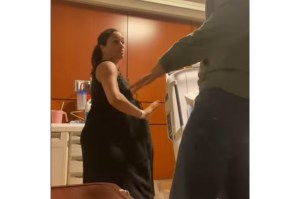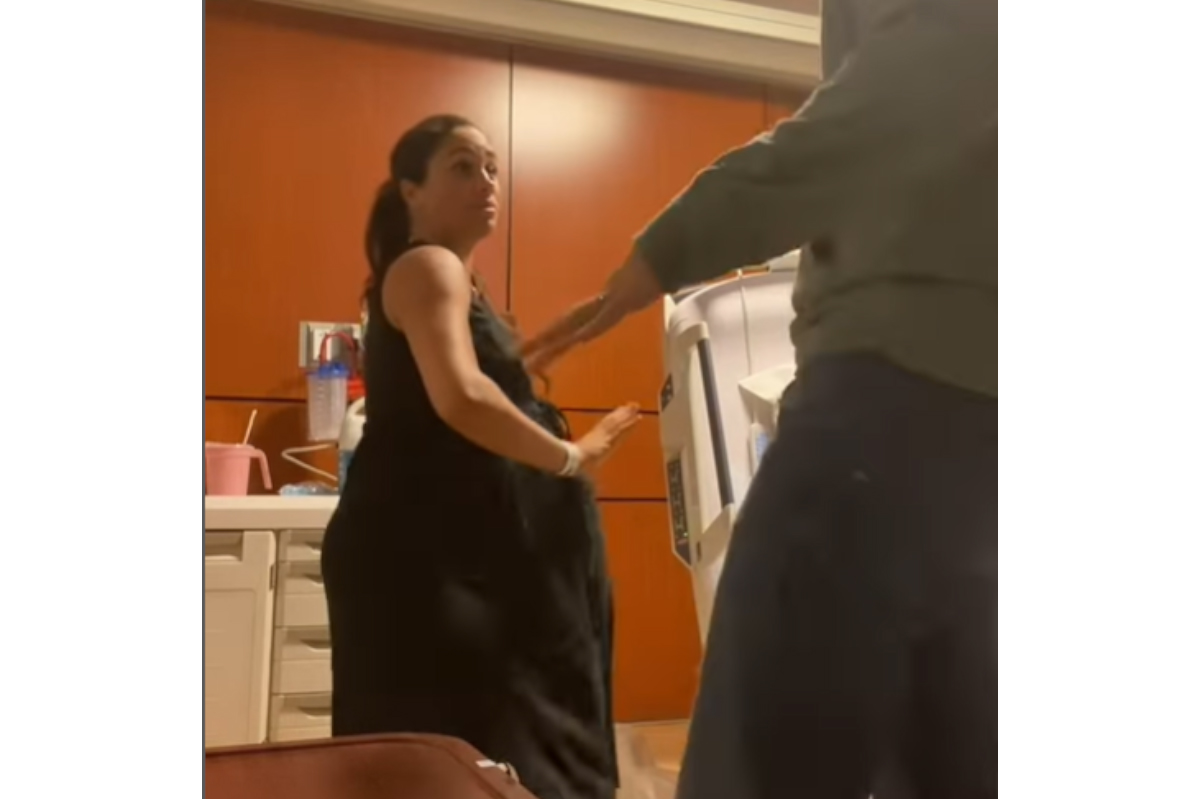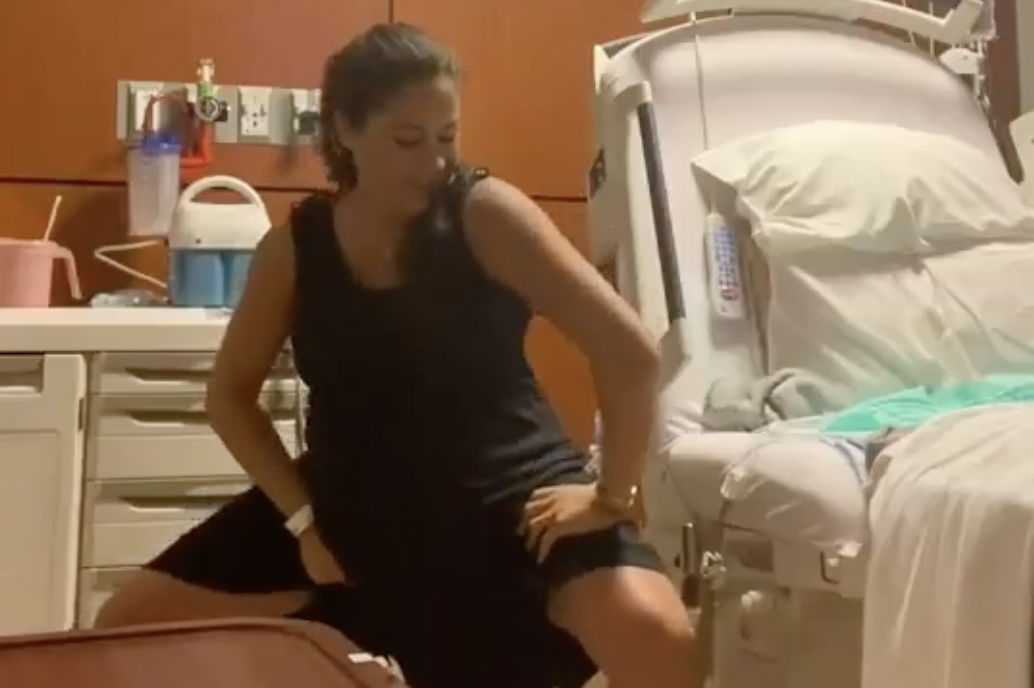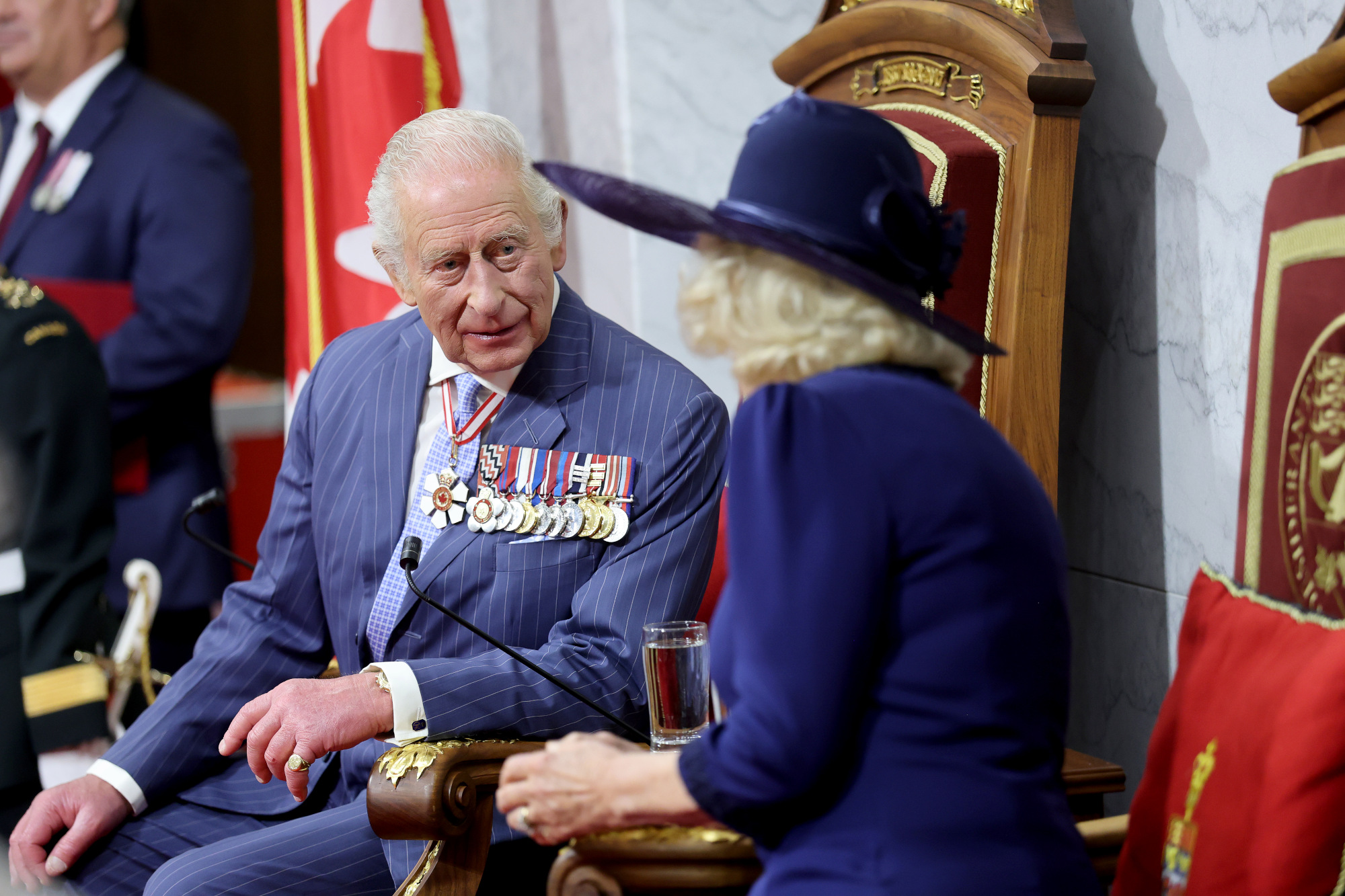‘Never complain, never explain,’ the Cockburns say. Our family friend Prince Harry has a different motto: carry on moaning and show me the money.
Perhaps this time the Prince of Wails has good reason to be crying on the couch. A formal report has found the BBC guilty of deceitful and dishonest behavior in securing its infamous 1995 interview with Princess Diana. There were stinging reactions from Princes William and Harry yesterday, and questions in the UK about whether the BBC, a state-funded broadcaster deserves public funding.
Cockburn is an old polo chum of Prince Charles and wonders whether this could finally be the spur for the estranged princes to reunite? After all, the mood in Buckingham Palace is one of vindication. It’s finally proven that the British royal family weren’t conspiring to undermine Diana; that her rampant paranoia and distrust of royal aides in the final years of her life was unfounded; and that any lingering belief that the 1995 documentary represented Diana’s verdict on her marriage is now emphatically debunked.
What now for the brothers at arms’ length? Cockburn notes the disparities in William and Harry’s reactions to the news. William, speaking on behalf of the royals, icily acknowledged the report’s findings with statesmanlike gravitas: ‘It brings indescribable sadness to know that the BBC’s failures contributed significantly to her fear, paranoia and isolation that I remember from those final years with her.’
Harry, emoting in Montecito, also reflected on the hurt caused to ‘our mother’ by the BBC interview — and the wider culture of shoddy practice that allowed it to happen. ‘To those who have taken some form of accountability, thank you for owning it,’ he said in his now-customary style, part-management speak, part-therapeutic drivel. ‘That is the first step towards justice and truth.’
William’s statement coincided with Harry’s latest drip of dramatic revelations. He has discussed his mental state, yet again, in the much-trailed documentary The Me You Can’t See, a coproduction with Cockburn’s favorite therapist, Oprah Winfrey. In it, Harry drops a series of ‘truth bombs’. He claims to have been in a state of extreme mental distress for much of his youth, driven to drink and drugs and bullied by his family. He also explained that Meghan was also sad and threatened to end it all, including telling Harry how she’d like to end it, until she realized that this would ‘be too unfair’ on Harry, because he had already lost his mother.
Cockburn is impressed by Meghan’s compassion, but he can’t help but reflect on the irony: Harry’s commercial viability for multinational media brands depends on his baring his soul on a regular basis. Yet he’s condemning the BBC documentary in which, albeit under questionable circumstances, his mother bared hers. He demands privacy, yet allows himself to be filmed performing bizarre therapy rituals.
What a mess. The BBC has been avoiding dealing with this unpleasantness for almost a quarter of a century now, ever since a fudged internal cover-up in 1996. Today, Prince William suggests that had the corporation censured Martin Bashir, the journalist who tricked Diana, her final months would have been considerably happier. And the implication is, if Diana hadn’t felt compelled to escape a family that she erroneously believed were out to get her, then she might not have died in such tragic circumstances.
Cockburn hears from London that the BBC might be looking for a new editorial board in the near future, and the royals are wondering whether to take away Meghan and Harry’s titles — which would be disaster for their burgeoning American brand. Meanwhile William has won this round, by resetting our view of Princess Diana. That might thaw relations between the brothers. But what does it mean for Meghan, who’s based her persona around a story that now turns out to be a fairytale?



